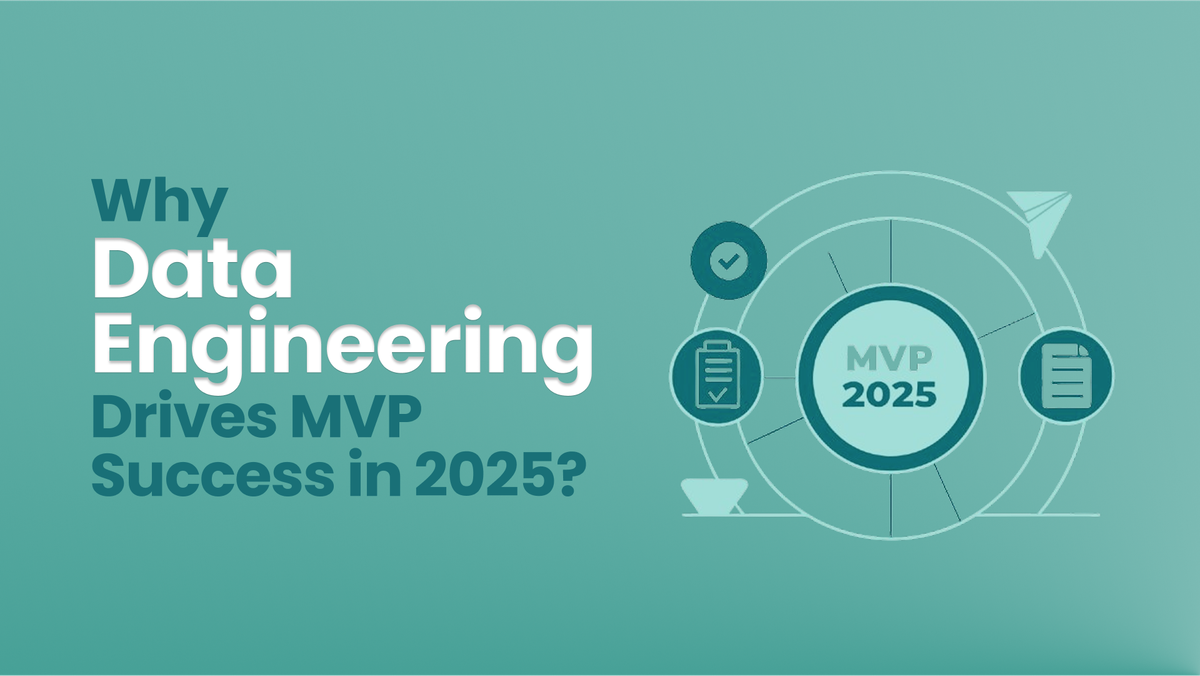Nina’s Story – A Quick Glimpse into the Power of Data Engineering

Nina runs a high-demand noodle food truck in Mumbai. Business is good—but chaos lurks beneath. Inventory runs out on some days and piles up on others. Her marketing emails don’t reach the right customers, and she has no clear view of what’s really driving sales. The issue? Her data is everywhere—POS systems, Instagram comments, spreadsheets, Google Forms—but none of it talks to each other.
That’s when she brings in Deven, a data engineer. He connects all her data sources, cleans and structures the information, and sets up pipelines that keep her insights updated in real-time. Suddenly, she can see what’s selling, when to restock, who her top customers are, and how to target them better. Waste goes down, sales go up, and Nina expands from one truck to multiple locations across cities.
Behind her growth? Not just good food—good data infrastructure.
Why Data Engineering Is a Non-Negotiable in the Modern Data Stack
- Data Scientists Still Spend 60–80% of Their Time Cleaning Data
According to Forbes and Anaconda reports, most of a data scientist's time is wasted preparing data. This inefficiency slows down innovation and decision-making. Data engineers solve this by creating clean, reliable data pipelines—so that analysts and scientists can focus on delivering insights, not cleaning up messes. - Real-Time Business Needs Real-Time Data Pipelines
Whether it's fraud detection, recommendation systems, or inventory alerts—real-time decision-making is now standard. Data engineers build systems using technologies like Apache Kafka, Spark, and Airflow to ensure data is always fresh and instantly usable. - Scaling Without Engineering? Recipe for Failure
As businesses grow, so do their data sources, formats, and volumes. Without solid architecture—like data lakes, warehouses (Snowflake, BigQuery), and orchestration tools—data quickly becomes unmanageable. Data engineering ensures your systems grow without breaking. - Data-Driven Companies Outperform by a Huge Margin
A McKinsey study found that companies that use data effectively are:
23x more likely to acquire customers
6x more likely to retain customers
19x more likely to be profitable
But all that starts with clean, well-managed data—the work of data engineers.
The Future of Data Engineering – What’s Coming Next
- AI-Driven Data Pipelines
Automation is coming to data engineering itself. With the rise of AI, we’ll see tools that can auto-detect anomalies, self-heal broken pipelines, and optimize performance with minimal human input. This means faster builds and fewer manual tasks. - Data as a Product
Engineering teams are now treating datasets like real products—with quality checks, SLAs, documentation, and version control. This shift will make data more reliable, reusable, and accessible across organizations. - The Rise of Low-Code & No-Code Data Tools
Platforms like dbt, Airbyte, and Dataiku are making it easier for non-engineers to contribute to data workflows. Data engineers will evolve into architects and enablers—building flexible frameworks that empower everyone to work with data safely. - Cloud-Native & Serverless Data Infrastructure
The future is cloud-first and serverless. Tools like Snowflake, BigQuery, and Databricks are eliminating the need for traditional infrastructure management, allowing data engineers to focus purely on logic, performance, and innovation. - Tighter Collaboration Across Teams
Data engineering will no longer be a siloed backend role. It’s becoming more integrated with product, marketing, operations, and finance—aligning data strategy with business goals in real-time.
In Simple Terms: The Role Will Evolve from Builders to Enablers
The future data engineer isn’t just someone who builds pipelines—they’re the enablers of intelligent business. They’ll design data ecosystems that:
Feed AI models
Power hyper-personalization
Automate decisions
Drive smarter, leaner operations across every industry
TL;DR
Today, data engineers clean, structure, and deliver usable data.
Tomorrow, they’ll be the architects of AI-first, real-time, decision-driven businesses.
And just like Nina’s story, every growing company will have one thing in common—a strong data foundation built by skilled data engineers.
